Eleanor Roosevelt: The Introvert Who Became a Vocal Heroine
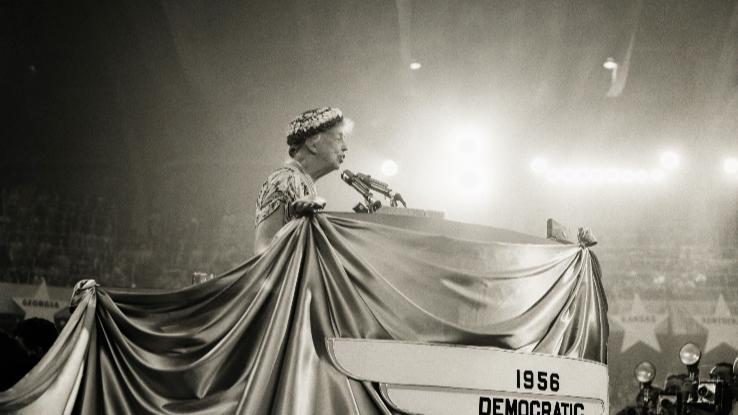
When we think of heroes and heroines, we often think of fictional superheroes with superhuman strength or those who gain their power from a great mentor. Webster’s Dictionary defines a hero as “a person who is admired or idealized for courage, outstanding achievements or noble qualities.”
A true hero or heroine is someone who beats the odds to rise above negative circumstances, someone who leads others with courage and honor. Much like her presidential husband, Eleanor Roosevelt possessed all those qualities.
Born to Serve the Public
Anna Eleanor Roosevelt was born on October 11, 1884, into one of the richest families in New York. Her strength and character were formed throughout her life through many failures, losses and tests of courage. She was directly related to Theodore Roosevelt and was primed to live a life in politics.
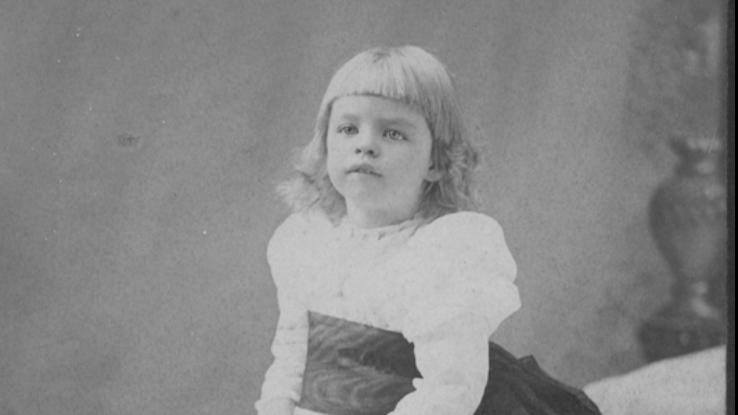
Eleanor was surrounded by socialites and politicians who viewed wealth and beauty as top priorities. She wasn’t beautiful, but she was smart and curious. Unfortunately, in the inner circles of her family and in society, her looks and her shy, introverted behavior were a disappointment.
Not the Child Her Mother Wanted
Eleanor’s mother, Anna Hall Roosevelt, believed in the Victorian Era philosophy that beauty and good breeding were critically important for a young woman. Beauty helped a woman secure a “perfect” life in the New York social scene, and her mother was disappointed that Eleanor lacked the physical beauty typically equated with success.
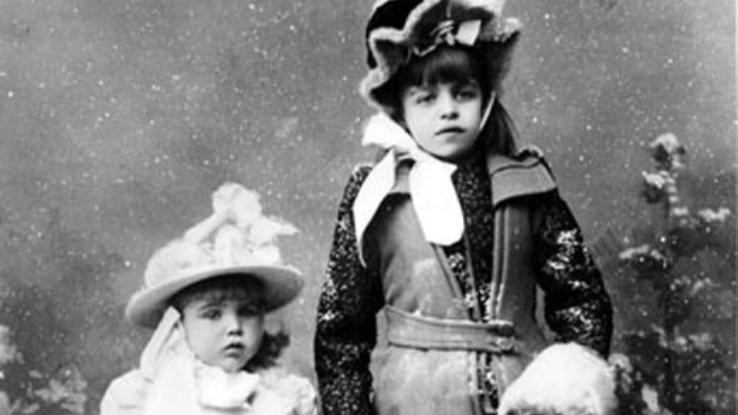
Eleanor was shy with large, droopy eyes and prominent front teeth, and her mother frequently made her opinion of Eleanor’s homely looks known. By the age of 7, the young girl had accepted herself as a failure in her mother’s eyes. Fortunately, Eleanor’s father saw her quite differently.
The Pressure of Political Bloodlines
As the younger brother of President Theodore Roosevelt, Elliott Roosevelt was also considered a disappointment to his family. He was often found lacking when compared to his famous older brother. In retaliation, he squandered his inheritance and hid his pain with alcohol.
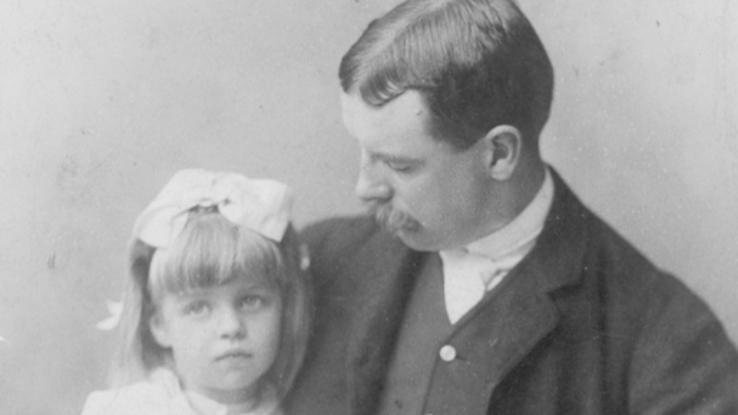
When Elliott was grounded and sober, he was the affectionate, loving father Eleanor so desperately needed. His nickname for her was “Little Nell,” from a character in The Old Curiosity Shop by Charles Dickens. Her father made her feel seen and loved. Unfortunately, his alcoholism often got the best of him and left Eleanor with broken promises.
Determined to Be of Service
Eleanor learned early in life the importance of service to others, partially because making herself useful to her mother earned her some acceptance. Her mother was often ill with migraines, and young Eleanor learned to care for her by rubbing her temples to alleviate the pain.
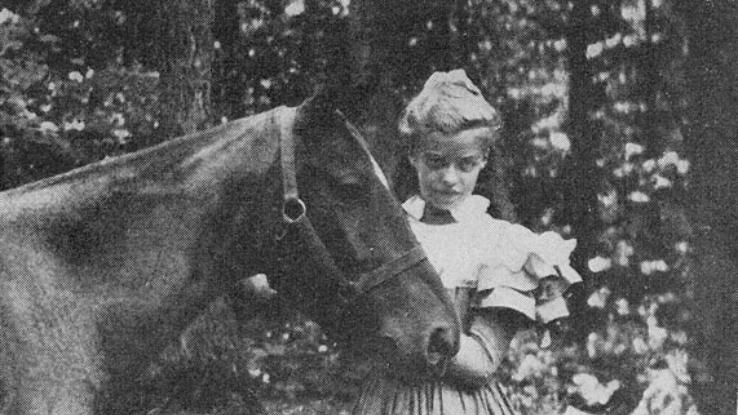
Anna became ill with diphtheria, a deadly sore throat and a nasal infection that took her life when Eleanor was only 8. Eleanor’s relationship with her mother had always been strained, but the loss was still difficult. It was the sudden passing of her beloved father less than two years later that truly made Eleanor feel devastated and alone.
Always Afraid of Something
Eleanor and her siblings were sent to live with their religious, strict maternal grandmother. She retreated into her world of books and felt safe and at peace when reading or quietly volunteering.
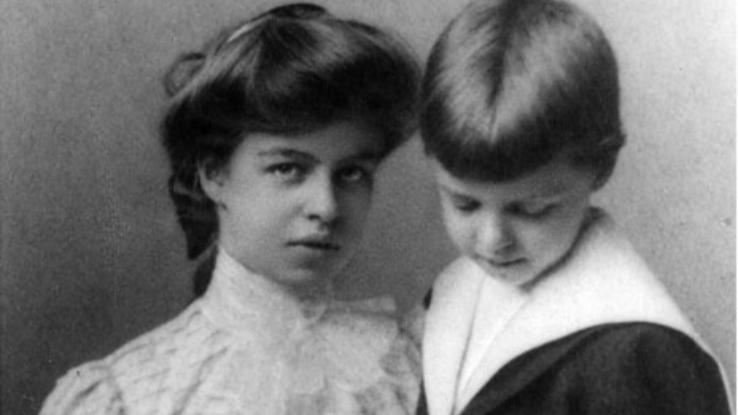
The outside world felt out of control for Eleanor. In her autobiography, she stated that she was “always afraid of something: of the dark, of displeasing people, of failure. Anything I accomplished had to be done across a barrier of fear.” This would become a strong theme throughout her life: crossing a barrier of fear to become the woman she was destined to be.
The Wallflower Blossomed
After many years of turmoil, her grandmother sent 15-year-old Eleanor to study in England at Allenswood Boarding Academy. Her grandmother believed she would only succeed in the world if she were educated like her mother.
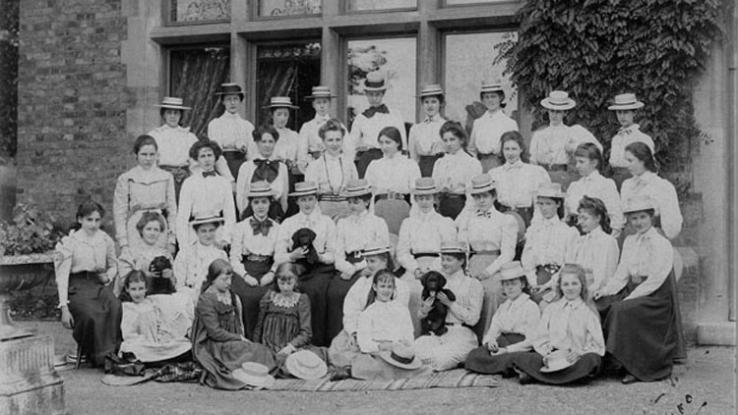
The school was run by Mademoiselle Souvestre, who was the headmaster and teacher. She saw something more in Eleanor than an introverted wallflower, and she soon became her mentor. She helped Eleanor blossom and encouraged her potential. It was at Allenswood that Eleanor finally moved past her childhood and started to become her own person.
Valued for Her Strengths
Life at Allenswood redefined Eleanor’s sense of herself. During her childhood, she was met with criticism for her looks, which crippled her self-esteem and led to issues with anxiety and fear. At Allenswood, Eleanor was valued for her kindness, intelligence and personality. She was also recognized by her classmates for her loyalty and volunteer work.
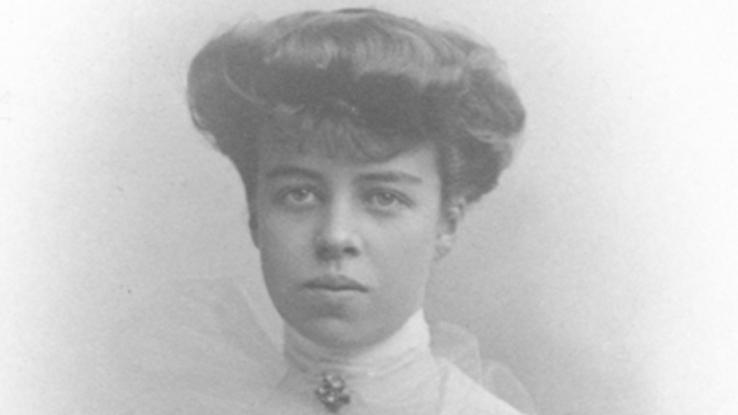
Eleanor thrived at the school and found companionship with her classmates, who trusted her wisdom and intelligence. Her independence, curiosity and intellect were encouraged. Her time at Allenswood proved to be a huge time of growth and prepared her for what was to come.
Awkward and Uneasy at Big Events
Eleanor often shunned large social gatherings. During the holidays, her grandmother often hosted large gatherings where friends and family would gather. The women were expected to dress the part in beautiful gowns with their hair in updos to represent the Victorian Era beauties they aspired to be.
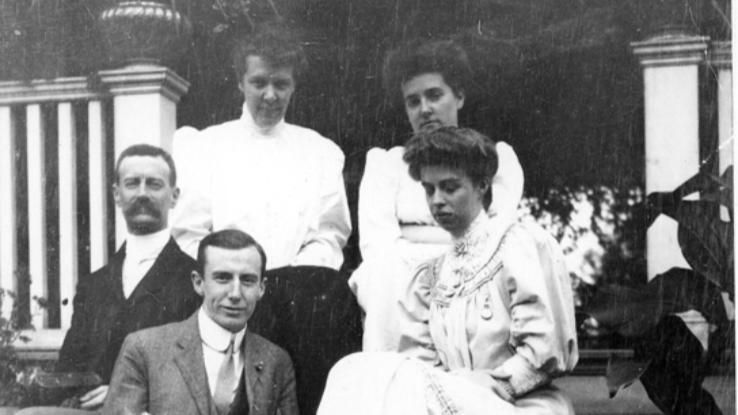
Eleanor often felt uncomfortable and out of place at these huge gatherings. She felt overdressed and disliked being judged for her looks and not for her intellect. Even though she loved to dance, she felt awkward dancing in a crowd. During one specific holiday gathering, Eleanor’s fate was changed forever.
A Dance with Destiny
Although dancing made Eleanor feel awkward and amplified her shyness, it was a dance with one particular young man that changed the course of her life. Franklin Delano Roosevelt was a gentleman with a kind smile and honorable intentions. When he approached her to introduce himself, he asked her to dance.
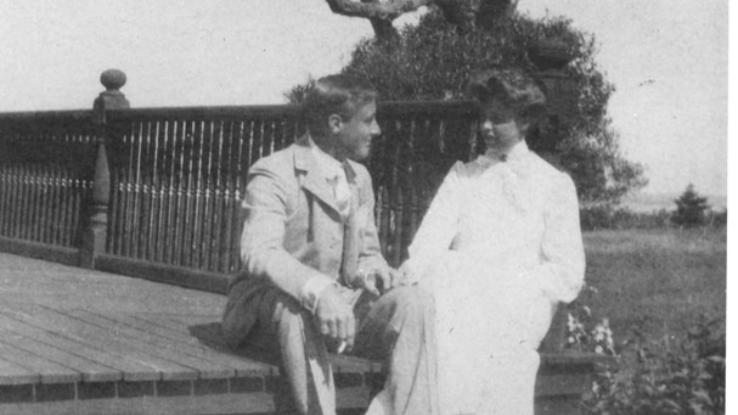
Flattered by his kindness and honesty, Eleanor agreed. It was during this dance they discovered they were distantly related. A common ancestor — Theodore Roosevelt — made them fifth cousins once removed. Although the first meeting was innocent and simple, it wasn’t the last time Eleanor and Franklin connected.
Smitten with a Born Politician
With a family member who was President of the United States, FDR (as he was known even before his presidency) had high expectations placed upon him. As an only child, he enjoyed the best education, tutoring and personal staff until he was 14. As a grown man, FDR had a reputation as a charmer with great wit and a knack for intelligent conversation.
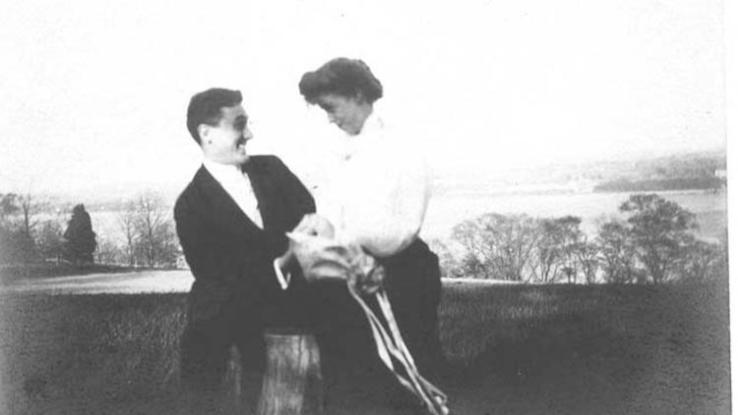
In political circles, he was known for his empathy toward the plight of his countrymen. Eleanor was also slowly (although unknowingly) making her mark on politics. Both she and FDR were evolving to become influential figures.
Not Your Average Victorian Era American Gal
It was Eleanor’s compassion and ambitions that impressed FDR most. She was the opposite of the Victorian Era beauties that solely relied on their good looks to find companionship. Eleanor introduced him to the horrid housing crisis in the early 20th century and shared the details of the uninhabitable living conditions for families in need of food and clean water.
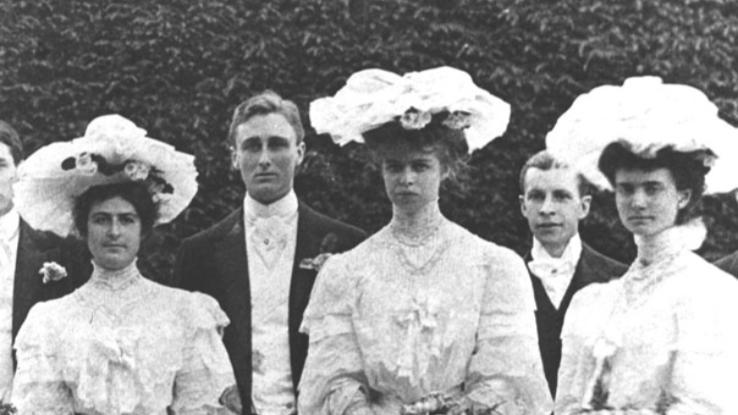
She was passionate about helping others in need, and FDR was in awe of her. He fell in love with her empathy and her desire to help those around her. At the ages of 20 and 22, they married on March 17, 1905.
An Early Political Influencer
While FDR moved forward with his political goals of one day becoming president, Eleanor stayed home to fulfill her duties as a wife and mother. After the birth of their daughter Anna, Eleanor advocated for her husband’s political priorities, and they both became involved with the suffragette movement.
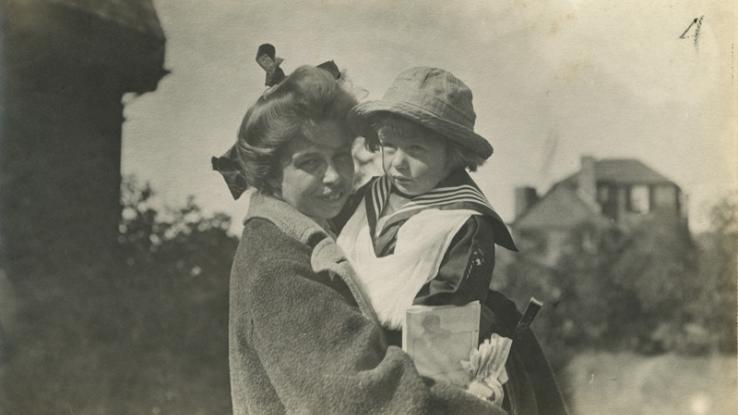
Eleanor explained, “I took an interest in politics. It was a wife’s duty to be interested in whatever interested her husband, whether it was politics, books or a particular dish for dinner…I realized that if my husband was a suffragist I probably must be, too. I cannot claim to have been a feminist in those early days.”
A Complicated Relationship with Her Mother-in-Law
As a devoted wife and mother, Eleanor gave birth to six children, but, tragically, only five survived past infancy. She was confronted constantly by her authoritative mother-in-law who tried to control their lives. This new negative figure in Eleanor’s life raised all her old fears, self-doubts and anxiety.
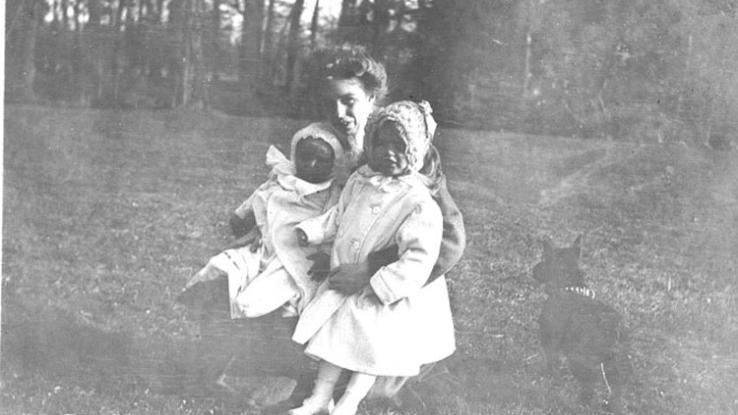
As a young woman dealing with the demands of motherhood and marriage, she experienced a lot of stress during this tumultuous time. Eleanor tried to maintain a stable life while her mother-in-law competed for the full-time attention of her grandchildren and encouraged her son to pursue a life outside of marriage.
Loneliness During War
During World War I, FDR was occupied with matters of state and left Eleanor at home to care for their five children alone. Adding to the loneliness, her beloved brother enlisted in the Air Force. This decision devastated and appalled her grandmother, who argued that a man of his stature should hire a substitute to replace him in the war.
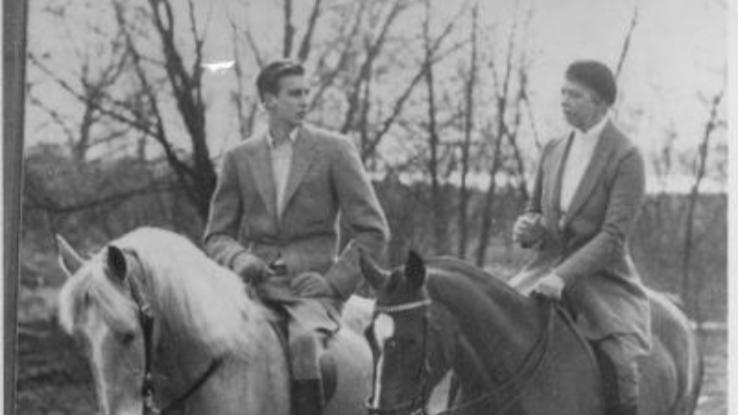
Eleanor stood behind her brother. She stated in her autobiography, “I hotly responded that a gentleman was no different from any other kind of citizen In the United States and that it would be a disgrace to pay anyone to risk his life for you.”
Right to a Life Beyond Wife and Mother
Eleanor established newfound confidence after standing up to her grandmother. “This was my first really outspoken declaration against the accepted standards of the surroundings which I had spent my childhood, and marked the fact that either my husband or an increased ability to think for myself was changing my point of view.”
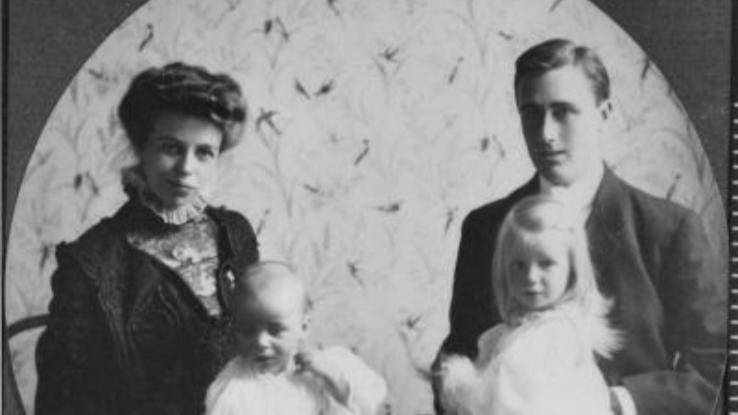
After this point, Eleanor actively joined the political world. Her new independence reminded her of her time at Allenswood, where she was appreciated for her intellect and compassion. She wanted to be more than a wife and a mother, and life soon showed her she had other choices.
A Fateful Hire
Eleanor was faced with a tremendous list of responsibilities, including tasks related to FDR’s political career, raising her children and fending off her overbearing mother-in-law. She decided it was time to find help to ease the many burdens, so she hired Lucy Mercer Rutherfurd as the family secretary.
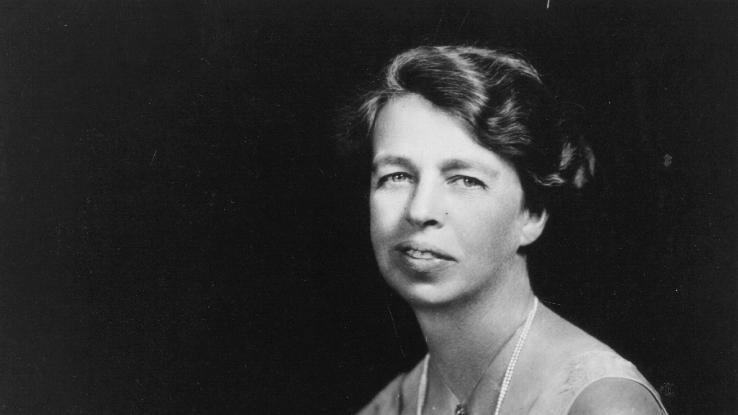
Rutherfurd helped with organization and other tasks. During the summer of 1917, while Eleanor and the family went to their summer vacation home in Campobello, Rutherfurd stayed in D.C. with FDR to help with his tasks as Assistant Secretary of the Navy. She remained working for FDR until 1918.
Infidelity Reared Its Ugly Head
In 1918, Eleanor discovered the affair between Rutherfurd and FDR. After FDR returned from his trip to Europe to visit the American troops at war, Eleanor unpacked her husband’s suitcase (as she often did) and found letters written by the two lovers.
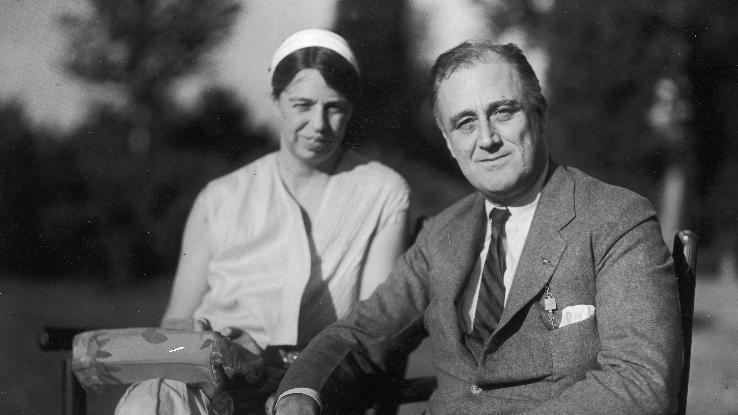
The intimate letters had been exchanged for some time and detailed an affair that had been hidden in plain sight. Eleanor was overcome with shame and grief, and she immediately confronted FDR, demanding a divorce and that he stop the affair with Rutherfurd.
Betrayals Abound
Eleanor had been betrayed by the two men she trusted and loved the most, her father and her husband. Neither could control their demons. Her father succumbed to alcohol and her husband to adultery.
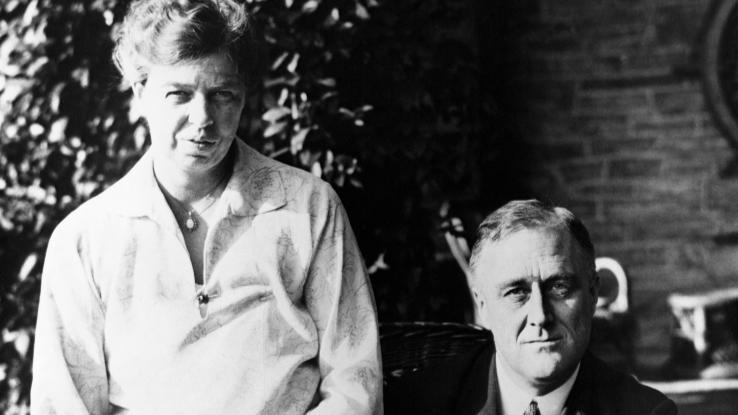
Although Eleanor asked for a divorce, both FDR and her mother-in-law refused. They emphasized that neither Eleanor nor FDR could maintain a political career after a divorce. FDR was on the road to becoming president, which would allow Eleanor to pursue her passion for philanthropy. Eleanor agreed to remain married, but FDR had to cease the affair and move out of their bedroom permanently. Their marriage became a political partnership.
A Serious Illness Led to Trying Times
In 1921, FDR became seriously ill with an illness that left him paralyzed from the waist down for the rest of his life. Eleanor put aside her anger to care for her husband. Additionally, she had to contend with a mother-in-law who was there constantly, trying to control and prey on Eleanor.
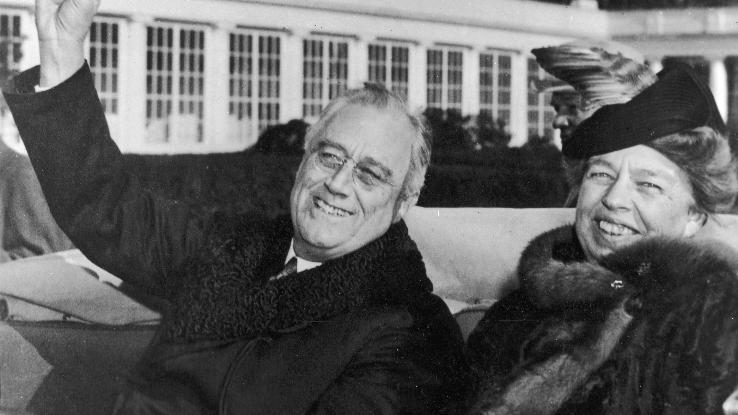
Eleanor stated, “In many ways, this was the most trying winter of my entire life. It was the small personal irritations, as I look back upon them now, that made life so difficult.” It was during this time that she suffered a mental breakdown.
Choosing a Life of Impact and Influence
Eleanor was forced to take a look at her life and decide if she wanted to continue on the same path. She reflected on her grandmother’s life and the bitterness that developed because she gave up her passions. Her grandmother had wanted to be a painter and an independent woman, but she stayed home and cared for her family instead.
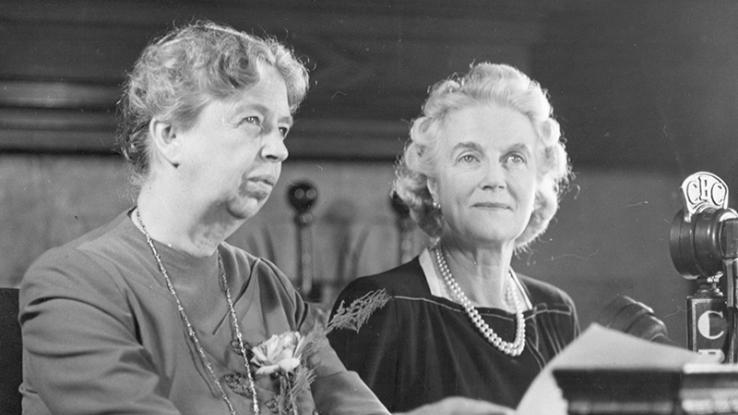
Eleanor decided it was time to change. FDR’s affair made her realize that her feelings and passions were being ignored, and it was time to act. She wanted to pursue a life of power and influence and become more involved in the political arena. She was finding her voice.
Right Hand to the President
After a time, FDR regained some strength and mobility. With Eleanor’s encouragement, he went through rehabilitation and became stronger through exercise. She also encouraged him to re-enter politics. Eleanor was his right hand, even stepping in for him sometimes during events. Her entry into the political world was slow and steady.
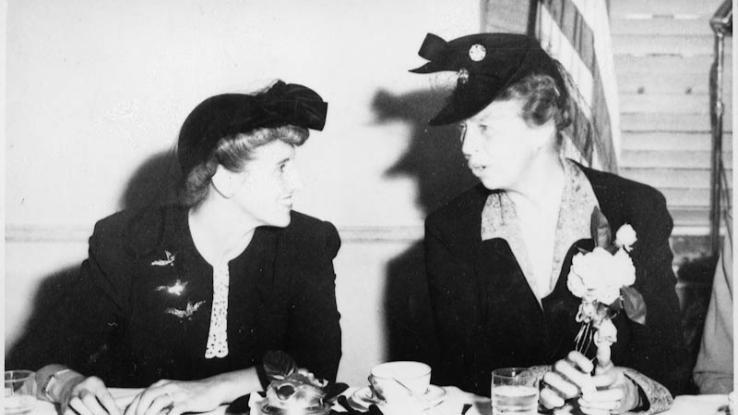
She began attending dinners and conferences and eventually took the podium on her own. Although she hated public speaking, she found the strength to continue to make her family and her husband proud. Eleanor was gaining political power and learning fast.
Discovering Her Strengths
Eleanor threw herself into causes that were close to her heart. She became an outstanding member of iconic organizations like the League of Women Voters and the Women’s City Club. She was passionate about inspiring women to pursue their rights and took advantage of her political platform to reach the masses.
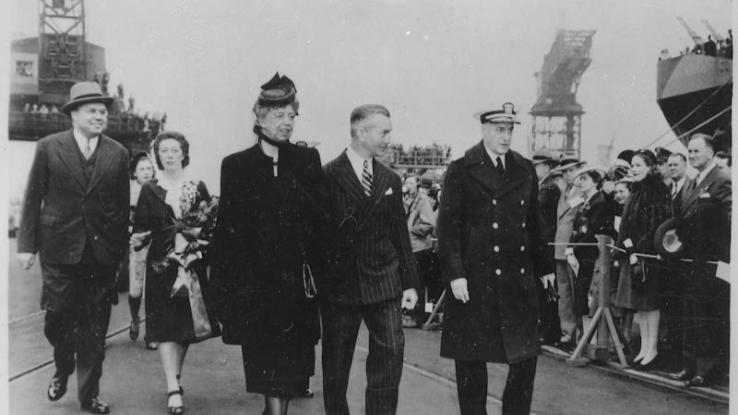
As she became more involved with these causes, her anxiety and self-doubt began to fade. Her confidence rose, and she became known for her fundraising and organizational skills. Members of these organizations encouraged her, but in political circles, she was also getting some unwanted attention.
Fighting for the Voice of Women
In the 1920s, women were still fighting for many of their rights. Although they had won the right to vote, they were still battling issues regarding social reforms. Eleanor led the way for women to enjoy the protection of labor laws for women and children, and women wanted a role in the Democratic Party.
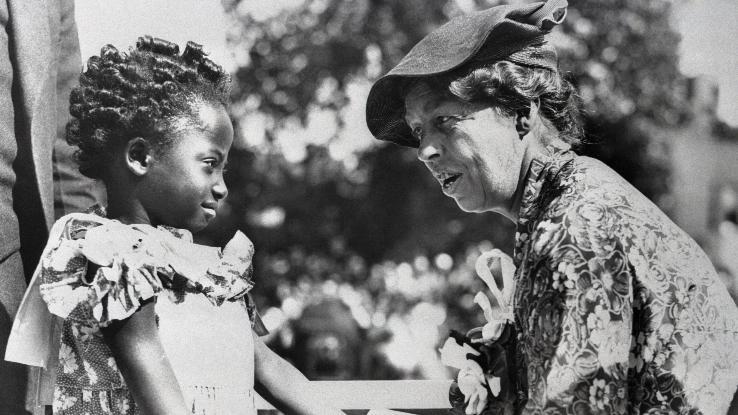
The 1924 elections were close, and Eleanor wanted to be a part of the movement. She approached the head of the Democratic Party in New York, Charles Murphy, and requested to choose the women delegates for the Democratic conference. Her request and her involvement were refused.
Demanding and Earning Respect
Eleanor wasn’t deterred. She believed she had the power of the press and her passion for the cause to guide her. She gave Murphy an ultimatum and asked him to reconsider her selection of women delegates before she went to the press. He refused.
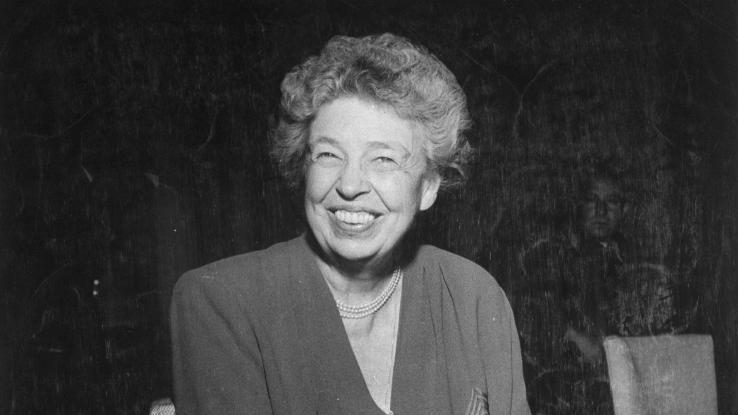
Shocking everyone, Eleanor took her story to The New York Times. She said “Women must gain the respect of men. We will be enormously strengthened if we can show that we are willing to fight to the very last ditch for what we believe in.” Murphy conceded, and Eleanor picked her delegates.
Making a Name and Wielding Influence
Eleanor had made a name for herself and was experiencing newfound confidence. She had triumphed, both for herself and for her husband’s political career. FDR was elected Governor of New York and served until his election as President of the United States in 1932.
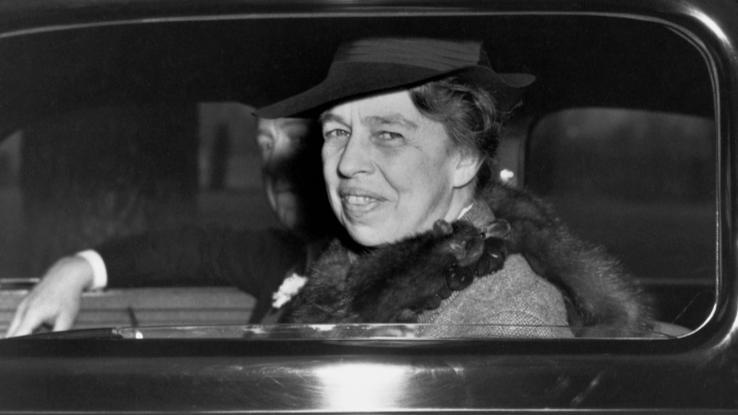
Eleanor continued her passionate fight for the welfare of others. “Franklin and I had a desire to see improvement for people. I knew about social conditions perhaps more than he did, but he knew more about government and how you could use government to improve certain things, and I think we began to come to a certain understanding of teamwork.”
A True Power Couple
Eleanor and FDR were the ultimate power couple as the First Lady and President of the United States. They continued to fight for the rights of the American people, even in the midst of the Great Depression. To help Americans get back on their feet, FDR created the New Deal. Eleanor toured the country trying to better understand Americans’ living conditions.
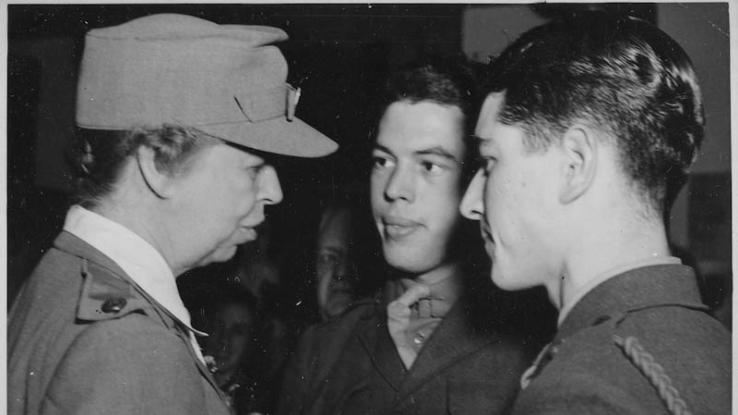
She logged 40,000 miles while giving lectures and visiting schools and factories. She documented Americans’ struggles to survive in her newspaper column “My Day,” which highlighted her experiences and the people she met all over the United States.
From a Place of Privilege, Advocacy for Youth
One of Eleanor’s main concerns was youth unemployment and the expense of college, which most people could not afford. “For the young, the situation is extremely difficult. Special privileges are offered them on every side. If they do not accept, they are considered ungracious and unappreciative. If they do accept, they are accused of being selfish, arrogant and greedy and of thinking themselves important and above other people — in fact, of having all the disagreeable traits that we most dislike in the young.”
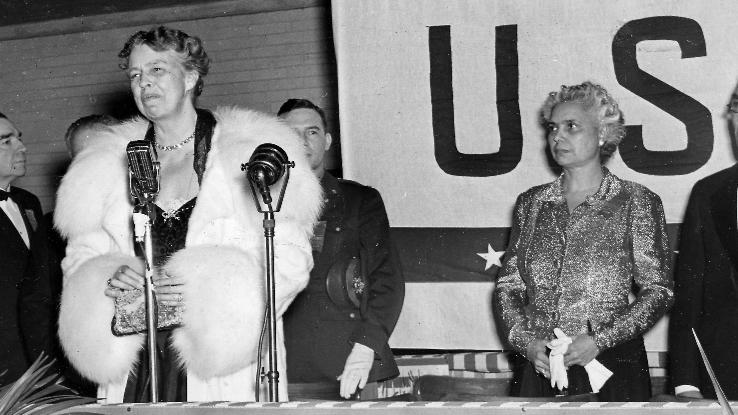
In 1935, the Roosevelts created the National Youth Administration. From 1935 to 1943, the organization helped more than 4.5 million youths find work.
A Powerful and Progressive Politician
Eleanor had achieved the power and respect she longed for and rightfully deserved. She had come a long way from the tragedies and self-doubt of her youth. She gained support for her causes and established a path for future First Ladies to pursue their own political causes.

She was a powerful politician in her own right and progressive in her causes. Eleanor was a huge force in the civil rights movement and believed that people should have equal opportunities, regardless of the color of their skin. She was the First Lady of the people and was proud of it.
Reacting to Racism
During World War II, racism in America was at an all-time high. The country was fighting within its own population, often segregated by race. Eleanor decided it was time to use her power to fight against racism.
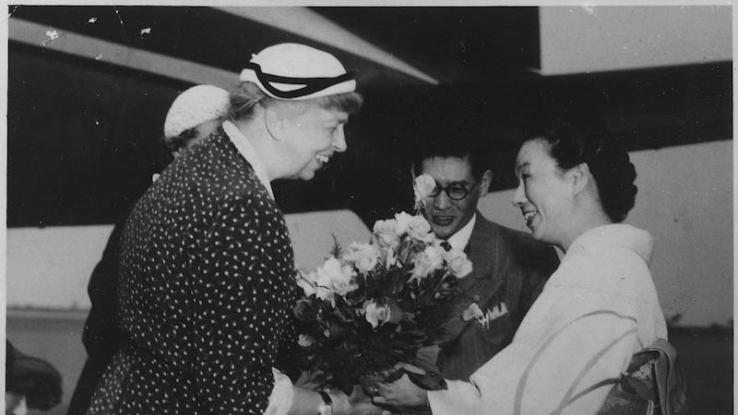
During this time, she led the nation by example and helped showcase African American singer Marian Anderson by presenting her with the Spingarn Medal at the national convention of the National Association for the Advancement of Colored People (NAACP). She invited Anderson to perform at the White House for the King and Queen of England in protest of Anderson’s omission from DAR.
A Pioneer of Human Rights Protections
Eleanor became a delegate of the United Nations General Assembly and the first female chairperson of the preliminary United Nations Commission on Human Rights. She was awarded the Human Rights prize posthumously.
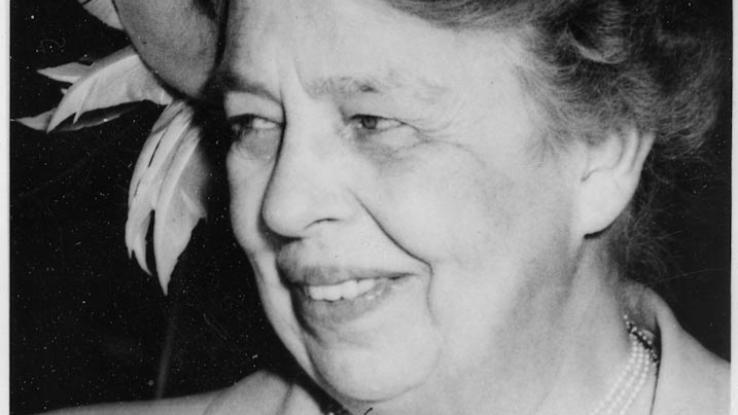
In her own words, “A mature person is one who does not think only in absolutes, who is able to be objective even when deeply stirred emotionally, who has learned that there is both good and bad in all people and in all things, and who walks humbly and deals charitably with the circumstances of life, knowing that in this world no one is all-knowing, and therefore all of us need both love and charity.”





